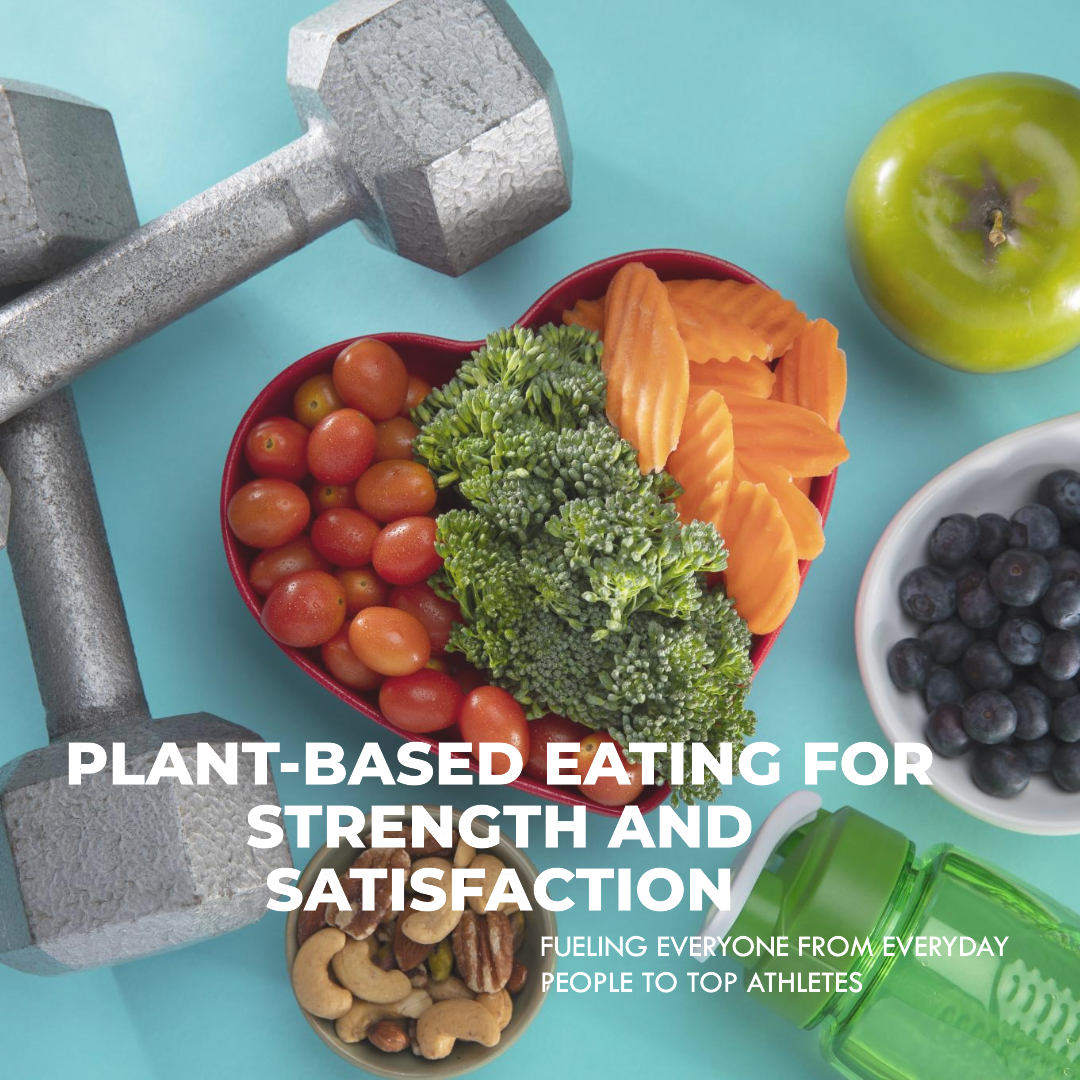As the popularity of plant-based diets continues to grow, so too do the myths and misconceptions surrounding this way of eating. While it’s true that a plant-based diet can have numerous health benefits, there are also many myths that can cloud people’s understanding of what it truly means to eat plant-based.
One of the most common myths surrounding plant-based diets is that they are not nutritionally complete. Many people believe that a plant-based diet lacks essential nutrients like protein, iron, and calcium. However, this is simply not true. Plant-based foods are rich in nutrients, and with proper planning, it is possible to meet all of your nutritional needs on a plant-based diet.
Another common myth is that plant-based diets are expensive. While it’s true that some specialty plant-based products can be pricey, a plant-based diet can actually be quite affordable. Beans, grains, fruits, and vegetables are all relatively inexpensive and can form the basis of a healthy and affordable plant-based diet.
One of the biggest myths surrounding plant-based diets is that they are not sustainable. Many people believe that a plant-based diet is not environmentally friendly, as it may require more land and water to produce plant-based foods than animal products. However, the opposite is actually true. Plant-based diets have been shown to have a lower environmental impact than diets that include animal products, as plant-based foods generally require less land, water, and energy to produce.
On the flip side, it’s important to separate fact from fiction when it comes to the benefits of a plant-based diet. Research has shown that plant-based diets are associated with a lower risk of chronic diseases like heart disease, diabetes, and certain types of cancer. Plant-based diets are also high in fiber, which can help with digestion and weight management.
In conclusion, exploring the myths and facts of a plant-based diet can help dispel misconceptions and provide a clearer understanding of the benefits of eating this way. While there are certainly myths surrounding plant-based diets, it’s important to do your own research and consult with a healthcare professional before making any significant changes to your diet. With proper planning and attention to nutritional needs, a plant-based diet can be a healthy and sustainable way to eat.













